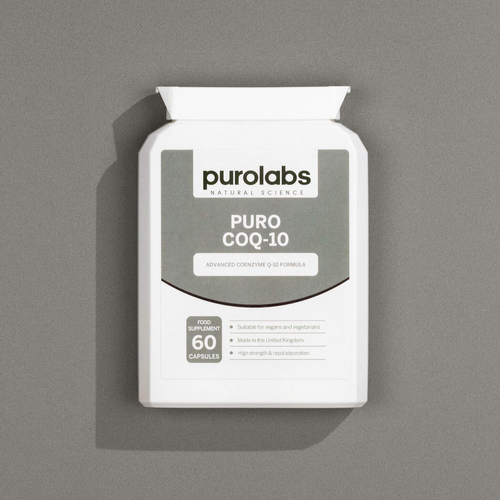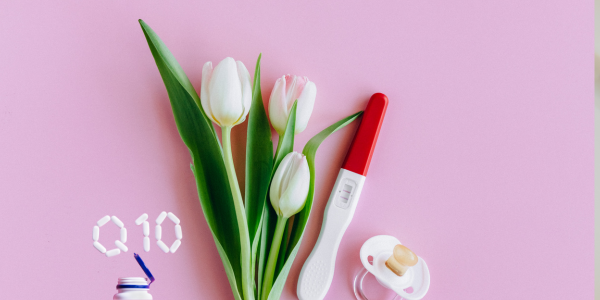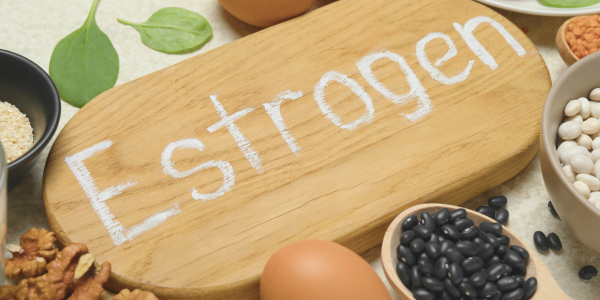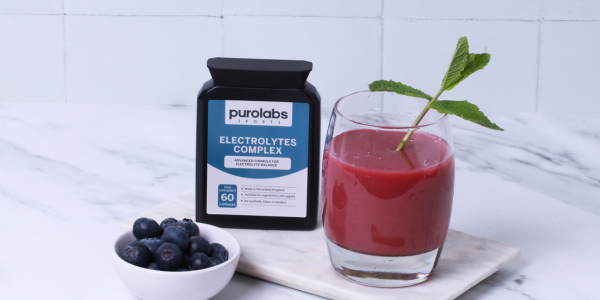There has been much talk around the decline in fertility in recent decades, with modern living having much to answer for! Stress is at an all-time high, with men and women juggling multiple demands. Quicker is better. Instant gratification is an expectation.
As humans we are square pegs trying to fit into a round hole when it comes to the modern world. Biologically we haven’t been able to adapt to the dramatic shifts that technology has provided – with burnout sadly becoming commonplace nowadays.
One area this has had a dramatic impact on is our fertility.
In fact, the Massachusetts Male Aging Study, a long-term prospective study that measured testosterone across a population-wide basis, saw that average testosterone levels drop by over 20% from 1987 to 2005. This study took age into consideration with comparisons across males within the same age groups (in different time periods) at the time of sampling1.
Another study found that lifestyle can have a significant impact on hormonal health with weight gain, stress and metabolic disease (which are all on the rise) contributing to infertility2.
Whilst the average age of first-time mothers3 and fathers have increased in recent decades, which can affect conception outcomes, we cannot deny that modern living has had a dramatic impact on fertility.
Whilst the stats for many, can appear unfavourable, there is so much that we can do nutritionally to support fertility and regain control of our health journeys. Supporting the hormonal health of both partners, through diet and lifestyle adjustments can be game changing when it comes to planning for conception.
In a fertility supplement toolkit, one of the key fertility boosting nutrients that we tend to underestimate is Coenzyme Q10 aka CoQ10.
What is Coenzyme Q10?
Co Enzyme CoQ10, CoQ10 or ubiquinone as it's known, is an antioxidant found within the human body. It is involved in a variety of antioxidant, mitochondrial (energy producing) and metabolic mechanisms within the body4.
You’ll find Coenzyme Q10 living in abundance in the mitochondria of cells, with higher amounts found in organs and tissues that require a lot of energy to function, i.e. the heart.
The benefits of this powerful antioxidant are multifaceted:
- Energy Production – Coenzyme Q10 is a key ingredient for ATP (energy currency of cells)
- Cardiovascular Support – Helps with heart function, protective benefits through antioxidant functions.
- Skin Support – Shown to improve the signs of skin ageing through combating free radicals5
- Brain Function – Neuroprotective, has been shown to help support neurodegenerative conditions
- Migraine Relief – May reduce migraines and the severity/frequency of headaches6
- Blood Sugar Regulating – Supplementation was shown to improve blood glucose markers like insulin and be a potential therapeutic support for type 2 diabetes7
- Exercise Performance – May help to reduce fatigue and recovery time.
How Can Coenzyme Q10 Improve Fertility?
Coenzyme Q10 has been shown to improve fertility in both males and females and both directly and indirectly through its many positive functions in the body.
Coenzyme Q10 & Female Fertility
Supports Egg Development
As Coenzyme Q10 is an important component of energy production, it helps to support the process of egg development from an immature oocyte to a mature egg, ready for fertilisation. Coenzyme Q10 directly impacts egg development at a cellular level, improving egg development and quality.
Improves Ovarian Response
Supplementing with Coenzyme Q10 may improve ovarian stimulation during cycles of IVF, also potentially enhancing embryo quality. Both improvements can lead to better outcomes8.
Anti-Inflammatory
Studies suggest that the anti-inflammatory effects of Coenzyme Q10 can protect eggs from oxidative damage, potentially improving fertility outcomes.
Ovarian Function
Coenzyme Q10 levels naturally decline with age, which have been shown to affect egg quality and ovarian reserve. Coenzyme Q10 may be a useful supplement, especially for women over 35.
Coenzyme Q10 & Male Fertility
Improves Sperm Function
Coenzyme Q10 as mentioned helps with mitochondrial production, which is in vast amounts within sperm cells, helping to boost sperm motility, which has been directly linked to conception outcomes.
In fact, a placebo-controlled randomised study on 212 infertile men found a significant improvement in total sperm count and motility after taking Coenzyme Q10 supplementation across a 26-week period9.
Antioxidant Properties
Coenzyme Q10 is a powerful antioxidant, which has been shown to reduce DNA damage within sperm cells.
For 30% of male infertility cases, the cause is thought to be unknown (idiopathic). One cause has been proven to contribute to idiopathic fertility in males is oxidative stress. Coenzyme Q10 supplementation has been shown to directly reduce the levels of reactive oxygen species (ROS) which lowers the amount of inflammatory oxidative stress markers in seminal fluid10.
Improves Sperm Parameters
A study in which 70 males received Coenzyme Q10 supplementation found that it improved sperm concentration and volume. 400mg dosage per day had a more beneficial outcome than the group who were taking 200mg per day11.
When to Start Taking Coenzyme Q10 for Fertility
Ideally, studies show that taking Coenzyme Q10 for three months before conception can be beneficial, to have a positive effect on egg and sperm quality.
A human egg undertakes a 90-day cycle from an oocyte (immature egg cell) to maturation before it undergoes the process of ovulation. Supplementing with Coenzyme Q10 can support the mitochondrial and cellular function of a developing egg.
How Much Coenzyme Q10 Should You Take?
Whilst varying doses are required for different health needs, age, sex, and goals – the general consensus is a daily dose of 200-600mg daily, with higher levels recommended during IVF treatment.
If you are undergoing IVF treatment it is key to speak to your healthcare provider to assess the correct dosage for your needs.
How to Choose the Right COQ10 Supplement
A key consideration when choosing the right supplement is to check that the company has had third-party testing on their products. As Coenzyme Q10 is an antioxidant, then stringent manufacturing processes along with clean filler ingredients that are non-GMO, and free of nasty binders can keep the antioxidant content stable.
Purolabs ensures that products are third party tested, with supplements containing all natural ingredients.

Coenzyme Q10
Whilst studies have shown that Coenzyme Q10 supplementation is generally safe to take12, do proceed with caution on supplementing with Coenzyme Q10 if you are on statins, blood thinners and thyroid medications.
If you are unsure about medication interactions or you wish to start supplementing Coenzyme Q10 as part of your health journey, do speak with a licensed healthcare practitioner.





















